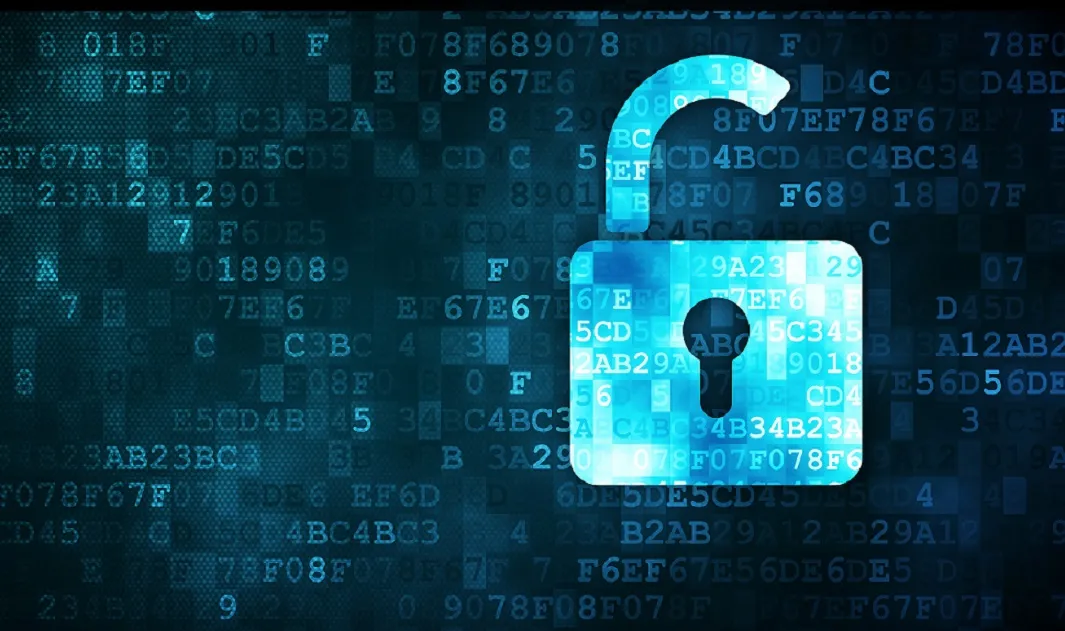The acceleration moment in tech that will impact democracy

Disclaimer: Views expressed in this commentary are those of the staff member. This commentary is independent of specific national or political interests. Views expressed do not necessarily represent the institutional position of International IDEA, its Board of Advisers or its Council of Member States.
When boarding Shanghai’s metro system today, each passenger must scan a QR code of an application, so that in the case that any person on that train should test positive for COVID-19, everybody will be notified and quarantined. The application itself has been deployed to track everybody’s exposure to the virus, and only those who have not had close contact with positive cases will get a green QR code, allowing them to move freely in the city. If anywhere in the world, a person goes onto YouTube or Google and searches any terms related to the current COVID-19 pandemic, the first results will take the person directly to the World Health Organization (WHO) website, and all the results will be of certified sources so as to not spread disinformation. Technology has jumped to the frontline of the current pandemic and is undergoing an acceleration process in which technical, as well as ethical barriers, are being crossed. To a certain extent, this acceleration could be compared to the huge leap forward that aviation technology took during World War II. The engines of modern planes today share basic core concepts with those developed during the war.
This acceleration has huge implications for democracy. The first acceleration is taking place in the way governments are harnessing the power of data, especially geolocation data to track, understand, and tackle the spread of COVID-19. Governments all over the world are using the data available to track citizens in order to control the spread of COVID-19 in their territories. There is no doubt that geolocation data from everyone can help reduce the expansion of the virus. It can provide valuable insight into how people move and where measures should be taken in order to stop infections. Through apps, health authorities might be able to better track the virus as well as who has been in contact with infected people. Once draconian lockdowns are gradually lifted, tracking the new infections in order to avoid outbreaks might be the only way to slowly go back to normal life. The gradual reopening of society and the economy can become safer with more detailed data on how people move and interact while giving authorities the capacity to track who has been in close contact with an infected person.
But the risks to privacy are also significant. While governments are pushing the limits of privacy, they should be smart in the use of data, combining anonymized and/or aggregated datasets that allow insight into trends and providing much-needed anticipation analysis to health services, such as potential locations for outbreaks. Yet, crossing lines of data privacy and bypassing current regulations such as the GDPR in the name of public health might be a risky move. Once crossed, governments may be tempted to keep it that way, especially in countries with a receding and backsliding democracy. If those doors remain open for enough time, the citizen’s acceptance of the use of their personal data for tracking purposes could also increase, without being fully aware of the potential risks it carries.
The second acceleration moment is happening on the private level, regarding the roles and actions that owners of social media platforms are taking to fight COVID-19. The response from private companies such as Facebook, Twitter and Google is unprecedented. Anywhere in the world, if a user Googles anything related to COVID-19, the search engine will provide the most trusted government sources as well as links to the WHO, with little-to-no space for non-official sources that could spread disinformation. Facebook removes all information that is not factual and uses its network of fact-checkers to fight disinformation. Tiktok has partnered with the WHO, providing videos with information on COVID-19. Twitter has broadened its definition of “harm”, to fight tweets that could spread COVID-19, such as a denial of scientifically proven facts. A commendable effort, but which nonetheless is leaving a significant number of attempts to alter public information about the virus to run freely. Operations to manipulate inauthentic information about the virus is finding space in Facebook groups, a vector of disinformation widely exploited on many occasions, YouTube videos or WhatsApp groups, among others.
The way in which attacks on the information environment are taking place in relation to the COVID-19 crisis, together with the reaction of the platforms, is providing valuable lessons for the protection of democratic politics. Acceleration will be felt in the way these private companies are learning to detect and suppress attempts to manipulate information. Many of these lessons should also reach the fight to defend political integrity online. Yet, it is becoming clear that even when all the resources of these companies focus on making sure they do not become a vector of transmitting disinformation on a particular topic, these attacks still make it to the platforms—and spread quickly. This implies an important realization: platforms, even when trying their hardest, are unable by themselves to stop attempts to manipulate information. They need cooperation, partnerships, and above all, a regulatory framework that stops the spread of disinformation before it starts.
The post-COVID-19 world will be different, and this is also the case for how tech companies will interact with society. Tech is experiencing an acceleration in the way it deals with data to inform policy, and in the way private companies fight disinformation. This acceleration carries heavy implications for democracy. It will create a new debate on data privacy and how much people are willing to surrender their geolocation data to public institutions, as well as on how much data governments may demand of their citizens. Governments with authoritarian inclinations might find a perfect opportunity to push the boundaries of data privacy and keep data tracking once the crisis is over. When it comes to the fight on disinformation, private companies are rapidly testing and adding features to protect information about COVID-19. These features should be embraced as a fight to protect democracy, together with the lessons learned. Governments should also understand where the limits of private companies are, and how collaboration and legislative frameworks are fundamental. The acceleration of tech will leave several dilemmas open in the post-COVID-19 world. Applying democratic principles to the process is the only way to make sure these dilemmas are solved in a way that protects the integrity of democracy.




